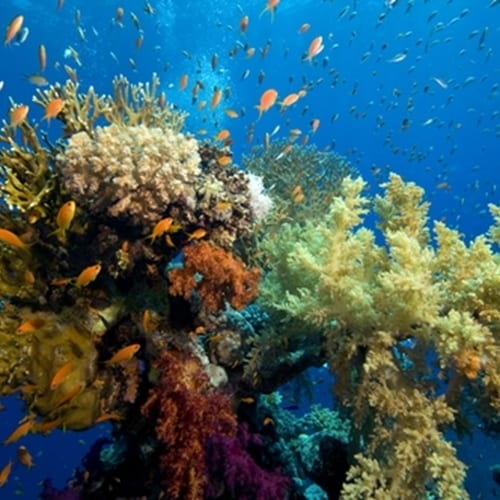Salvage expeditions don't necessarily have to involve antiquated wrecks from decades previous. They become necessary in the event of an accident that could possibly lead to greater environmental danger as well. In such an occurrence, both vessel and marine crew insurance may be required. The operation may also need to be enacted quickly, requiring coverage to have been established far in advance.
Apparently, a recent training session resulted in four bombs being dropped off the coast of Australia, where they landed in the Great Barrier Reef area, undetonated and unarmed. The Australian news source ABC reported that since these weapons were dispatched by American fighter planes, the mission to recover them will be coordinated between both countries involved, if deemed necessary.
Though no plans appear to have been finalized yet, it appears that there has been much communication between the two powers, as well as concern for the possible environmental effects this might produce. The Marine Corps Times quoted a statement from the Great Barrier Reef Marine Park Authority claiming risk from these explosives to be low.
"Based on where the ordnance have been dropped in a location that is in water around 50 meters (164 feet) deep, about 30 kilometers (19 miles) from the nearest reef and 50 kilometers (31 miles) from the shoreline, the immediate impact on the marine environment is thought to be negligible," the source said.
But in such cases where delicacy is required, perhaps due to the involvement of a national landmark, your expedition should be able to function knowing they are fully provided for. In such a case, boat insurance, as well as insurance for all vessels needed for retrieval, is essential.

